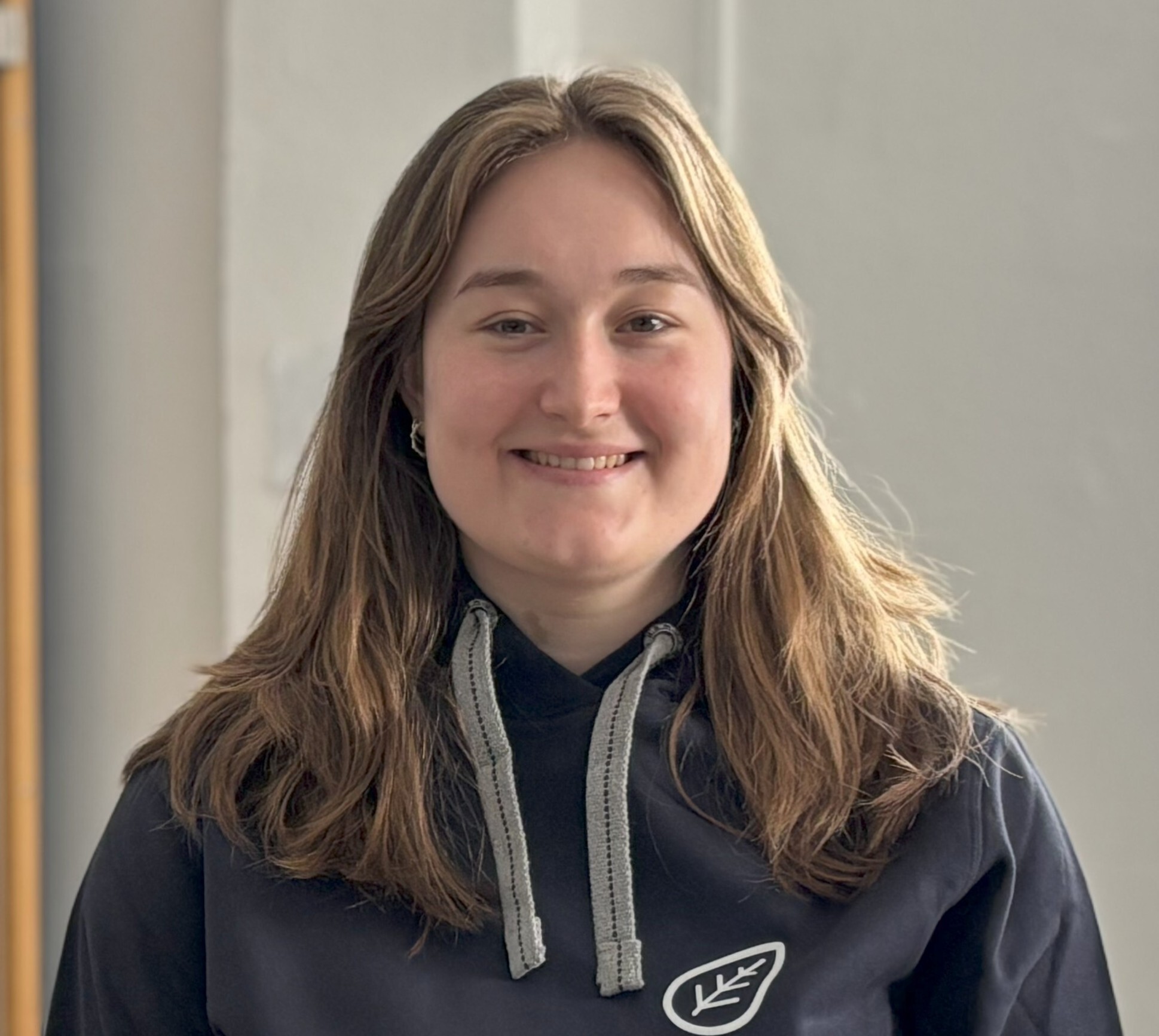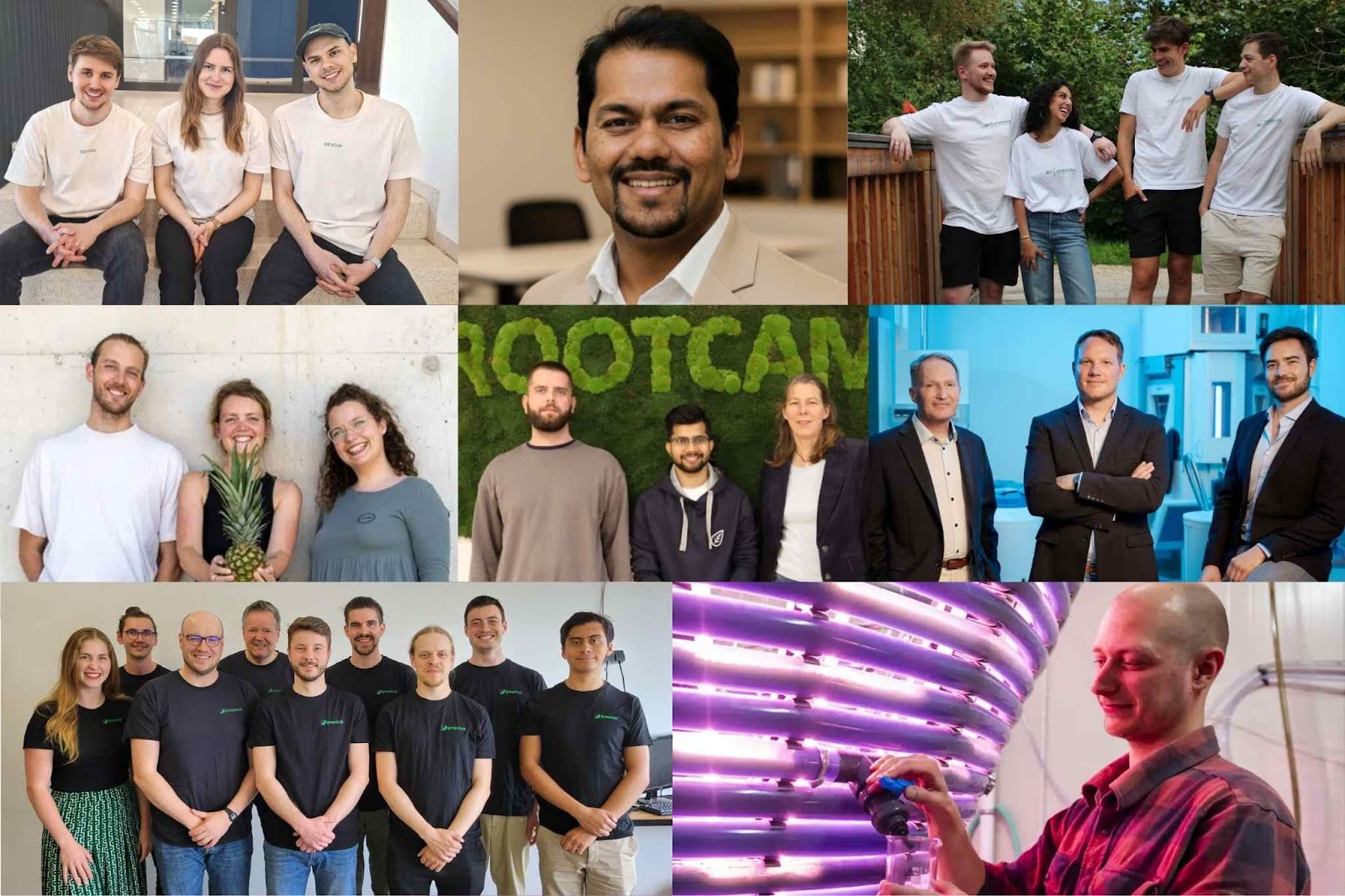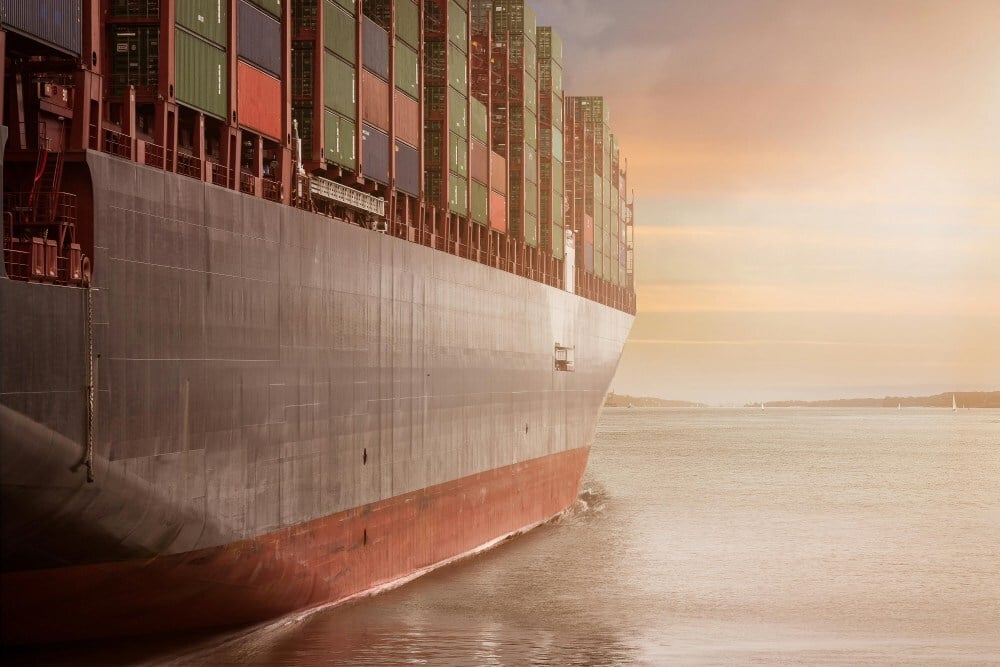On the 26th of August, we had the pleasure of hosting a full-day conference in Hannover, bringing together thought leaders, industry experts, startups, policymakers, and academics to discuss the role of the bioeconomy in driving sustainable transformation. The day offered a mix of inspiring keynotes, dynamic discussions, and interactive sessions, and gave an insight into the beliefs of various key players and stakeholders within the bioeconomy.
Industry and Transformation
The event kicked off with an official welcome from our very own Dr. Philipp Rittershaus, and then Nikola Steinbock, chairwoman of the management board at Rentenbank.Their words set the tone for the day, emphasizing collaboration and innovation as essential for building a sustainable future.
The first major session, ‘Industria quo vadis? Bioeconomy in the context of the transformation towards sustainability’, was introduced by Prof. Dr. Stefanie Heiden from the Institute for Innovation research, Technology management and Entrepreneurship at Leibnitz University here in Hannover, who also moderated the discussion.
Within this discussion, panelists Nikola Steinbock, Benedikt Hüppe (Unternehmerverbände Niedersachsen), Dr. Zee-Won Sur (KWS), and Dr. Fabian Fischer (Volkswagen) came to the consensus that industry, research, and even entrepreneurial SMEs in Germany are ready to work together within the bioeconomy, but fragmented regulation and politics are significant hurdles. Prof. Dr Heiden commented that ‘Transformation encounters resistance, and innovation is really nothing more than the history of lived experience, of resistance experienced time and again.’ Nikola Steinbock mentioned the term was that of the ‘lighthouse strategy’, in the sense that what is needed is one cohesive plan as opposed to scattered initiatives. The general consensus was that a more coherent and focused approach is what is necessary.

Next, Grant Hendrik Tonne, the Lower Saxonian Minister of Economic Affairs, delivered a keynote speech, bringing home the point that change has to start on a regional level. This was followed by a break and then Belit Onay, Mayor of Hannover, addressing the audience with encouraging words about Hannover’s commitment to supporting innovation and sustainability. Afterwards, a presentation by Dr. Annkathin Wahbi of the Bioeconomy Deep Dives - the project that sparked the idea for such an event as this one to take place - was heard.
Tackling Resource Efficiency
The conversation then shifted to the drivers of demand for biobased resources in the session “Could it be a little more?”. Dr. Christian Janze (EY) gave the keynote, setting the stage for a discussion featuring Dr. Philipp Rittershaus (RootCamp), Dr. Christian Klar (BioökonomieREVIER), Lisa Heinemann (Welthungerhilfe), and Dr. Stefan Schwarz (KWS). Together, they unpacked the growing industrial and consumer need for sustainable, biobased solutions. Trends like sustainable aviation fuels and growing climate awareness were identified as drivers of regulatory changes, while efficiency and cost effectiveness of the current fossil based economy was described as a hurdle for the bioeconomy.
Addressing Demand
In the afternoon, the focus turned to food security and efficiency under the theme “Will we all stay fed?”. Dr. Wilhelm Klümper (Agora Agrar) delivered the opening impulse, followed by a session with Dr. Evelyn Reinmuth (Universität Hohenheim), Dr. Lothar Hövelmann (DLG), Gerald Dohme (Deutscher Bauernverband), Andre Heilemann (Emslandstärke), and Tatjana Krampitz (GEA). Discussions highlighted potential pathways to increase primary production while optimizing resource use. A central theme was public perception of agriculture as old fashioned and dictated by stereotypes, prompting a call from panelists for a more modern image. They also highlighted the need for innovation like new technologies within agriculture.
Practical Uses
Later, three simultaneous breakout sessions titled “Bioeconomy everyday” - organized by Niedersachsen.next - took participants deeper into three case studies on monetizing technology-driven sustainability potentials in everyday life. VCG.AI and Golden Compound GmbH took attendees through how by-products can become biobased products, while Purevit, alongside our moderator Anna Handschuh, presented new value creation from algae. The third session shared insights into circular economy applications in the automotive sector, and was run by Katja Kulke and Mathias Rechel from Niedersachsen.Next.
A Step Forward for Bioeconomy
The day at RootCamp showcased the urgent need, but also the significant opportunities, for bioeconomy in shaping a sustainable future. Some topics - like lighthouse projects and communication - were mentioned again and again, showing that there is a clear consensus between parties. By bringing together diverse stakeholders—from policymakers to startups—the event underlined the importance of dialogue, collaboration, and innovation. It marked another step in RootCamp’s ongoing mission to accelerate sustainable solutions that matter.
Want to be part of the conversation next year? Sign up for Nexus Bioeconomy 2026 here.
/rootcamp_logo_white_2022.png?width=2123&height=630&name=rootcamp_logo_white_2022.png)

/RC%20logo%202022.png?width=2325&height=703&name=RC%20logo%202022.png)





